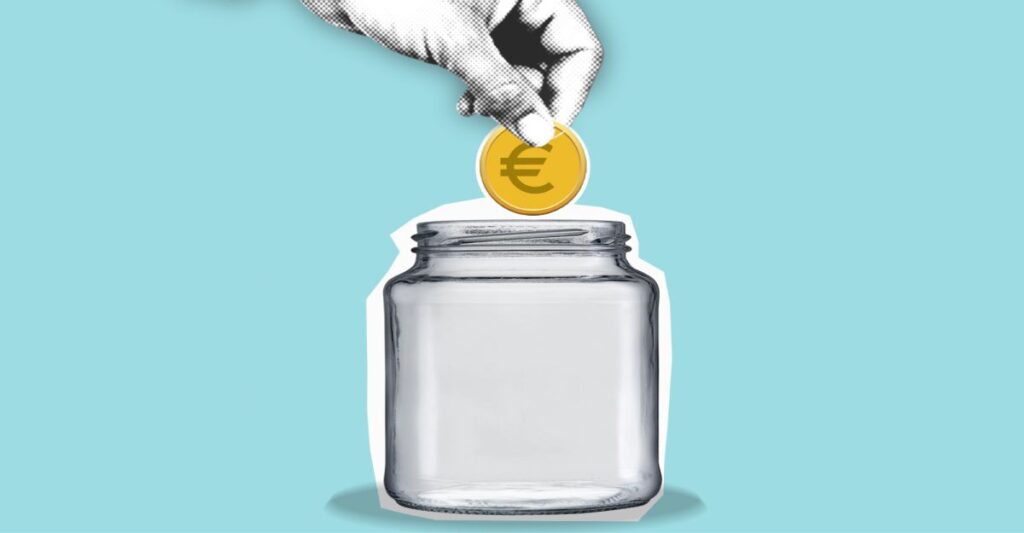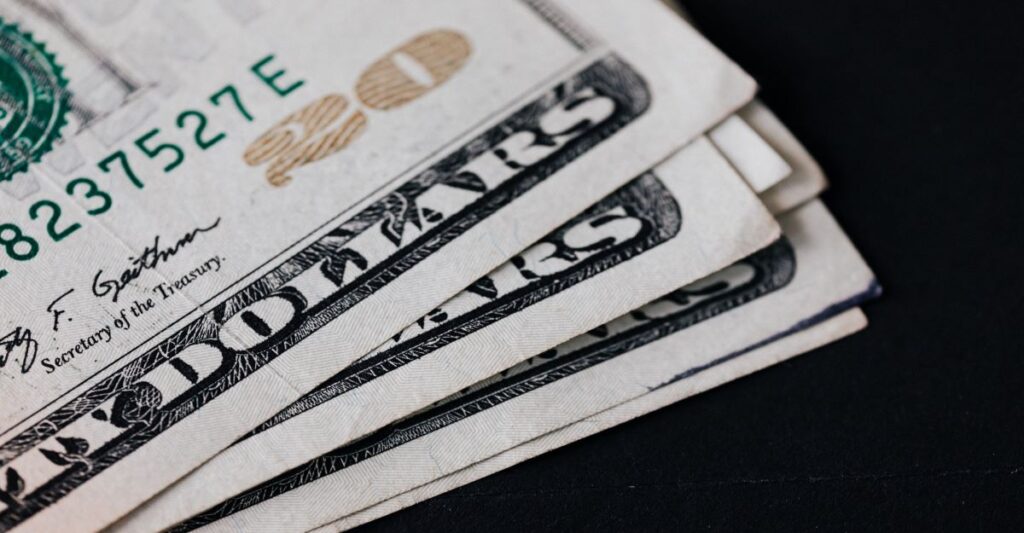What is an Escrow Account and Why Does It Matter?

Real Estate an escrow account is a third-party bank account created to hold funds for a particular transaction. When purchasing a home, the escrow is where the Earnest Money Deposit (EMD) is stored throughout the duration of the transaction until the loan closes. After closing, the deposit will then be applied towards the sale of the property.
The other use of an escrow account is when servicing the loan. Depending on your loan product you may or may not have a choice in keeping impounds in an escrow account. Impounds are the Home Owners Insurance deposits and Property Tax deposits. If your current mortgage payment has impounds then your current mortgage servicer is taking a portion of your payment and saving it in an escrow account for when it is time to make a payment.
If you have an escrow account for your mortgage then it is set up for your mortgage servicer to make the payments. Depending on the requirements of your county or city, whichever is the one that collects property taxes, your tax payments may be due once, twice or even four times a year on a quarterly basis. Your mortgage servicer will be responsible to make those payments on your behalf.
The insurance premium will typically be paid out once a year when it is due.
I have had people ask me how they calculate how much to take out for escrow. Your servicer is allowed, by law, to have a two-month buffer in the account just in case your escrows are increased.
If, for example, your escrow impounds are $200 a month, then they can collect up to $400 extra in the event of increases. If there is more than this amount in your account at the beginning of the year after payment has been paid, you will actually get an escrow refund for there being too much collected for your escrow account.
How can you find out how much your taxes and insurance payments are?

Insurance
For insurance, it is easy. All you have to do is contact your current insurance carrier and they will tell you what your current insurance premium is and when it is due. Remember, you should always shop for better rates on your insurance. If you find a better offer with a different carrier, you can always see if you can negotiate with your current carrier to bring the premium cost down. The worst they’ll tell you is no.
Property Taxes
Finding your property taxes requires just a few more steps. You would go to your municipality website responsible for collecting taxes. This would typically be your county.
In that website you would search the tax record using the address of the property. Once you find the tax record there will actually be a history of the property in terms of ownership. This is how you can see what your property has sold for previously going all the back to when it was built. There will also be a breakdown of the property assessments.
The current value of the property is NOT necessarily what your property taxes are calculated by. The county appraiser will appraise your property and decide what the “appraised value” is. I repeat, this does not always mean that is the value of your home. Your home could be valued at $300,000 but the appraised value may only be $180,000. THIS IS A GOOD THING. This is basically saying that even though the property is valued at a certain amount, that is not the amount that they will use to calculate your taxes.
The next step the county will take is apply any deductions. There is typically a standard deduction of $25,000 and also an additional deduction of another $25,000 just for the property being considered a homestead, this is called the Homestead Exemption.
IF YOU OWN YOUR HOME AND LIVE IN IT AS YOUR PRIMARY RESIDENCE AND YOU HAVE NOT APPLIED FOR THE HOMESTEAD EXEMPTION, PLEASE APPLY. If you are living in your primary residence and you do not file for Homestead Exemption you are paying more taxes than you should.
After all deductions have been applied they go off of that number to calculate your taxes.
This is a basic breakdown of what an escrow account is and how it relates to a Real Estate transaction. Thanks for joining!



